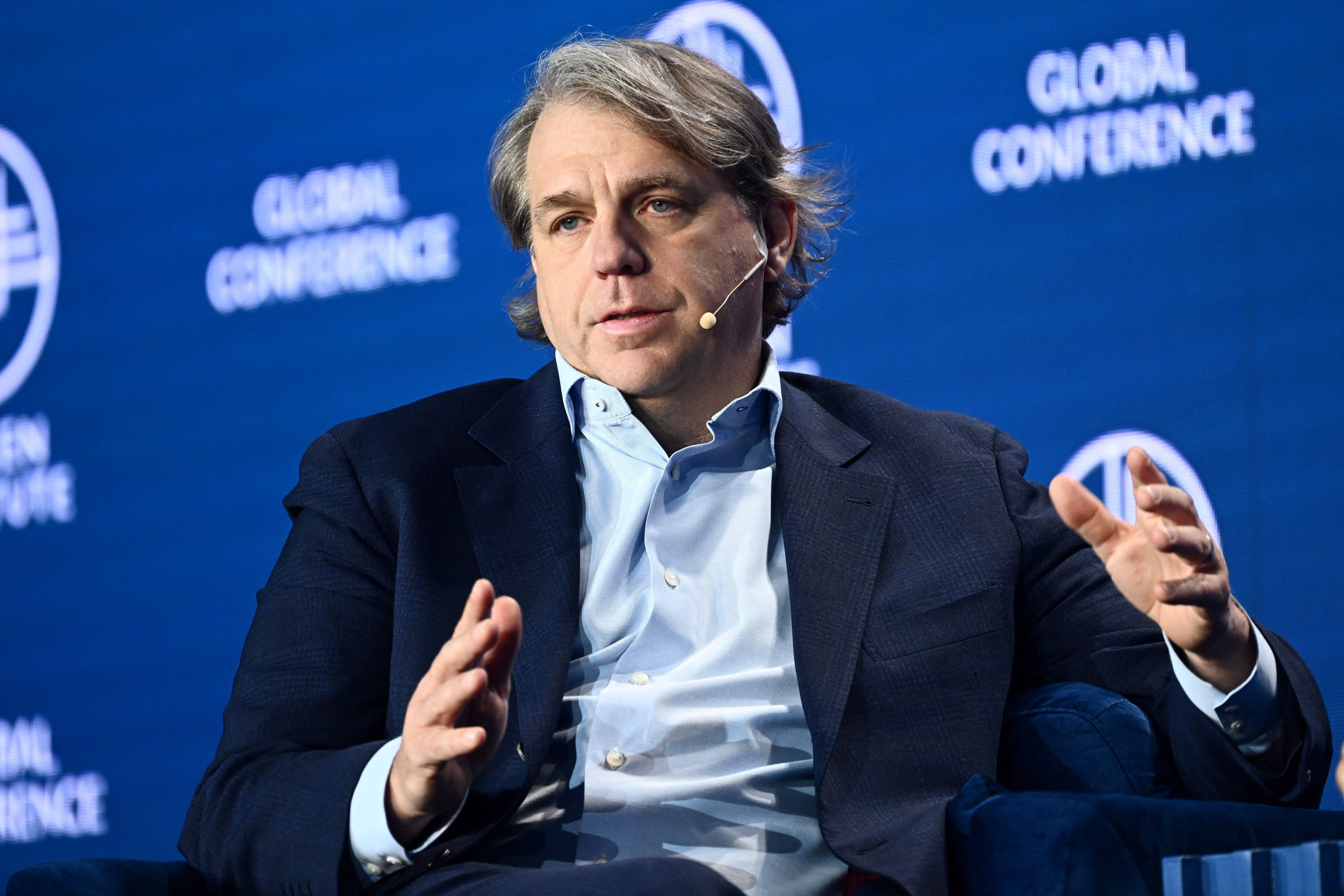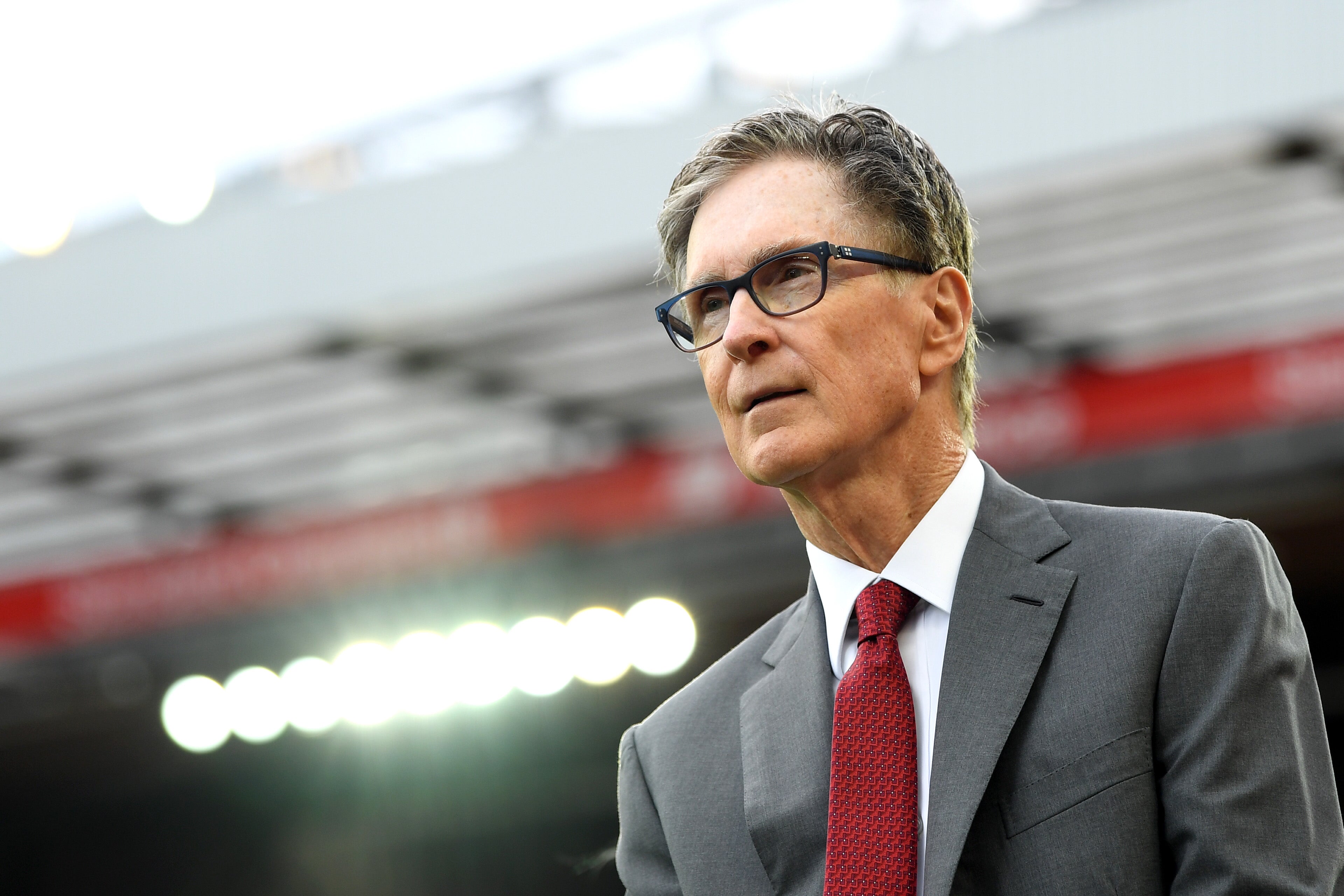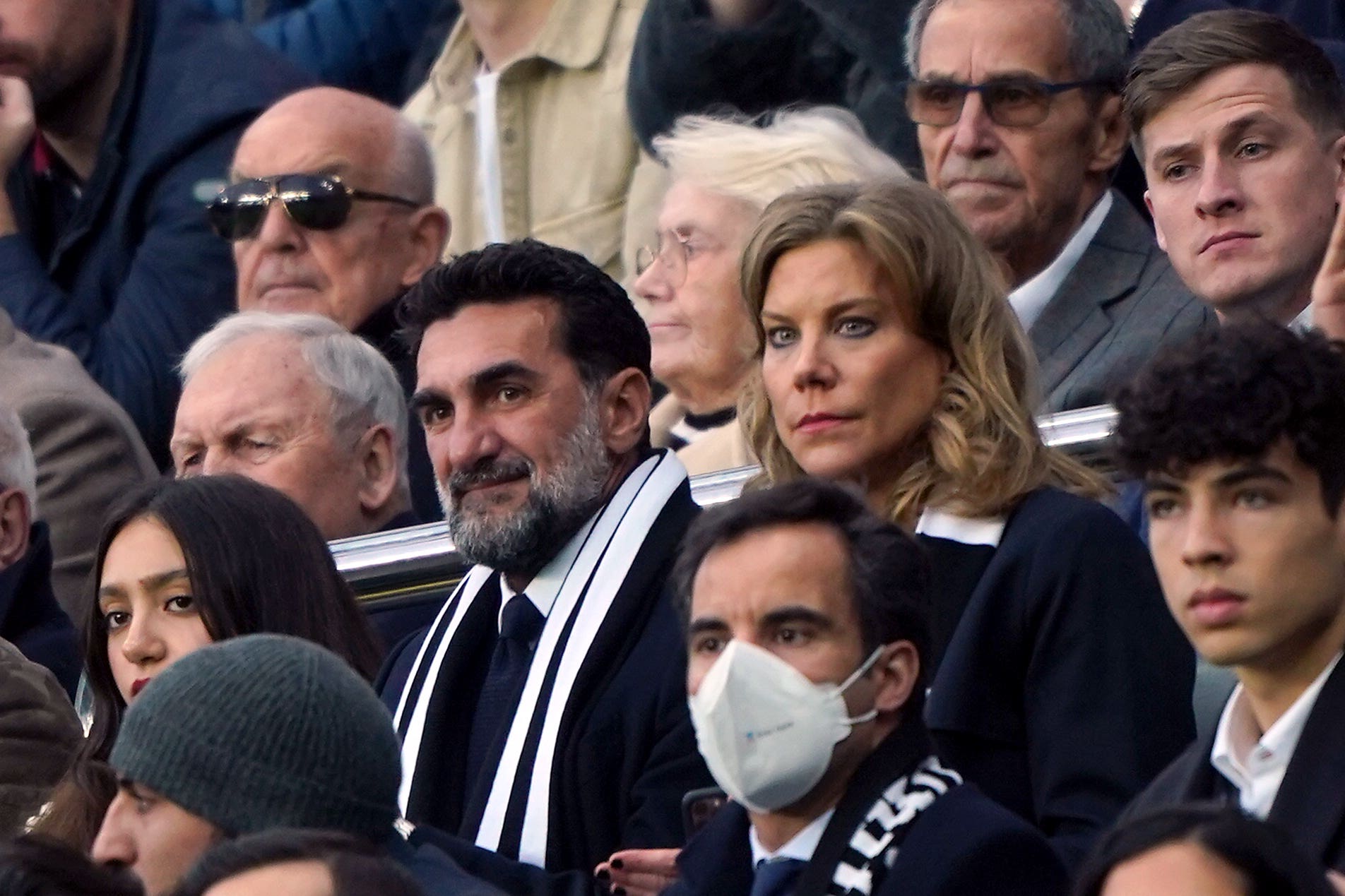Why a Premier League luxury tax would lead to financial chaos
Premier League owners have been discussing solutions to the current profit and sustainability rules, following a series of points deductions, but a luxury tax could have severe ramifications for the future of the league and its clubs

Your support helps us to tell the story
From reproductive rights to climate change to Big Tech, The Independent is on the ground when the story is developing. Whether it's investigating the financials of Elon Musk's pro-Trump PAC or producing our latest documentary, 'The A Word', which shines a light on the American women fighting for reproductive rights, we know how important it is to parse out the facts from the messaging.
At such a critical moment in US history, we need reporters on the ground. Your donation allows us to keep sending journalists to speak to both sides of the story.
The Independent is trusted by Americans across the entire political spectrum. And unlike many other quality news outlets, we choose not to lock Americans out of our reporting and analysis with paywalls. We believe quality journalism should be available to everyone, paid for by those who can afford it.
Your support makes all the difference.When one senior football executive had the idea of a Premier League “luxury tax” put to them, they just shook their head.
The modern history of football has probably been a series of short-sighted decisions, but this was seen as the most short-sighted of all. That’s all the more true given the context in which the idea was raised.
The Premier League clubs have been discussing a luxury tax because they are disgruntled with the current profit and sustainability rules (PSR). The belief is that points deductions are not what the rules were intended for, and they inhibit growth.
A luxury tax would instead allow clubs to invest but then just pay a fine when they exceed spending limits.
The principles of the arguments on growth are spot-on, and it is good that the Premier League is discussing all this. It has long been a concerning fact that the current system favours those who earn the most while calcifying the order of the game. This is wrong and isn’t what football should be about.
It’s just that, in wrestling with this, clubs seem constantly to look at the wrong issues.
The problem isn’t the cost-control rules. It should by now be obvious that football needs strong financial regulation. Since there is a 90 per cent correlation between wage bill and league finish, and the lifeblood of competitive sport – especially when it brings commercial returns – is to compete, it means the impetus is always there to spend more. Without restrictions, there is always the danger that clubs spend more than they can afford.
This is what happened to Leeds United at the turn of the millennium. This is why such rules were brought in. The very fact so few European clubs have gone bust in the last 14 years is testament to the success of financial fair play (FFP).

So the problem isn’t the rules.
The problem is the system they sit in.
It isn’t FFP or PSR, say, that keeps the big six at the top. It’s the fact that the big six earn so much money in a self-perpetuating financial system. The answer is to change that system, not to end essential cost controls.
Clubs instead want to go in the other direction and encourage “investment”.
There’s already a question about this, given that football earns more money than it knows what to do with it.
The Premier League is generating billions every season. It pays out £2bn more in wages than any other domestic league. If there is one thing it doesn’t need, it’s more money. In fact, more money tends to create more problems and more gaps. This is precisely what has happened in the Premier League. The financial gap between top and bottom is now more than double what it was in 1992-93. More money is concentrated in fewer clubs, who consequently win a higher proportion of points than the wealthiest clubs did three decades ago. It has been a long process of concentration that only ever goes one way. Manchester City have been the ultimate example of this, winning more trophies, games and points in six years than any English club has ever done across the same period.

So, what the Premier League needs isn’t more money but more redistribution of money.
The primary argument behind a luxury tax is that it will do exactly that. And sure, it might redistribute some money. That would only be a share of a far greater number, though. Any tax is also always going to be divided by 19, anyway.
It is why it would have entirely the opposite effect than intended, and inhibit growth while worsening risk.
Consider how it would play out.
The wealthiest owners would be able to spend whatever they want. Sure, the “tax” comes up as this punishment but it’s not really a punishment if the owners actively want to spend. This is especially the case with sovereign wealth funds, senior royals with access to immense state wealth, and capitalist funds worth tens of billions.
They could just keep paying the “tax” and go on spending.
Transfer fees and wages would then go up, with everyone else having to keep spending more and more to just keep up. Not every owner would be willing or able to do it. In fact, when it comes to the scales that private equity or sovereign wealth funds operate on, almost no other owner would.
If that happens, there are only two long-term outcomes. One is that two or three of the wealthiest owners would win absolutely everything, with nobody else able to compete. The other is that other clubs would spend so much to compete and end up going bust trying, or their owners would eventually lose interest.

The latter is precisely what necessitated the introduction of FFP in the first place, but that was on a much smaller financial scale. Leeds United didn’t have a wage bill anything like Premier League clubs have now.
And, in that context, it is worth remembering that this isn’t just about competing. There are jobs and community institutions at stake.
A luxury tax would make the entire football economy dependent on the pot luck of who buys your club. Everyone would need an owner that could ultimately match the wealthiest owner. That is not a model for a sustainable football economy. It's a setting for financial chaos and a broken sport.
This situation doesn’t bring “growth” or satisfy “ambition”. It worsens exactly the problem the Premier League is trying to solve.
Even Uefa long ago realised this. The European body hasn’t exactly been a model of excellent regulation over the last few years and has recently been under the increasing influence of the Nasser Al-Khelaifi-led European Club Association. Despite that, and the PSG president himself previously bringing up a “luxury tax”, Uefa resisted the idea because it realised it would lead to exactly these problems; that the wealthiest could just keep paying off the tax.
Those in the Premier League have instead pointed to American sports as to how the “luxury tax” works.
But they are completely different models. American sports have literal talent redistribution in the form of drafts, and much stricter financial controls. They also can’t be owned by sovereign wealth or private equity funds.
To transport the luxury tax would be to take one single measure across, where it couldn’t possibly have the same effect, since it is placed on a different system.
The Premier League needs to come up with a completely different solution.
A luxury tax would be the most short-sighted measure of all.



Join our commenting forum
Join thought-provoking conversations, follow other Independent readers and see their replies
Comments